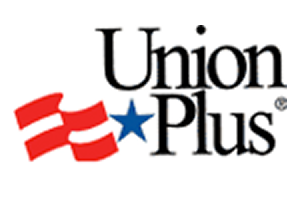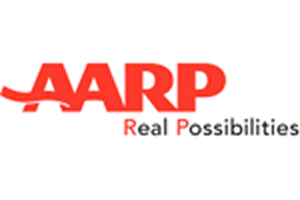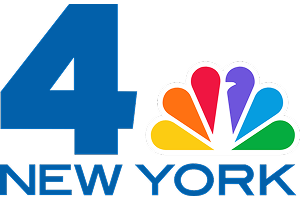800.696.9529
New York Debt Relief
People end up with debt that they are unable to pay for a variety reasons. For example, an unexpected illness or accident that results in substantial medical bills not covered by insurance could cause a stress on your finances. If you lose your job and are unable to immediately find a new job, or you are unable to find a job that pays as much as your previous job, you may find that you are no longer able to keep up with your monthly debt payments. Whatever the reason for your struggles with debt, your creditors and debt collectors can be relentless in their efforts to attempt to collect the debt. Initially, the creditor may mail you past due notices. Then they will start to call you repeatedly– sometimes multiple times each day. If a creditor does not think you will pay willingly, they may resort to going to court in an effect to get a judgment against you that will allow them to get a wage garnishment. While your financial situation may seem bleak, there are debt relief options to consider that will help you eliminate your debt or reduce your monthly payments to a manageable amount. For example, you could enter into a debt settlement agreement with each of your creditors, you could pay off your debt through debt consolidation, or you could file for chapter 7 bankruptcy or chapter 13 bankruptcy. If you cannot afford to pay your bills it is critical that you immediately contact an experienced New York Debt Relief Lawyer who will review the specifics of your financial situation and explain your debt relief options.
Chapter 7 bankruptcy: Chapter 7 bankruptcy, 11 U.S. Code Chapter 7, is also called “liquidation” because the bankruptcy trustee will take some of your property and “liquidate” it. Liquidation means selling. Your property will be sold in order to pay your creditors. This does not mean that the bankruptcy trustee will take all of your property. The bankruptcy trustee will consider the amount of money you owe and the value of your property. Also, by New York State and federal law some of your property is exempt. For example, you will likely be able to keep your clothes, home furnishings and vehicle. In reality, in many chapter 7 bankruptcy cases very little of the debtor’s property is used to pay off debt.
Chapter 13 bankruptcy: Chapter 13 bankruptcy, 11 U.S. Code Chapter 13, is also called “reorganization” because the process requires that the debt repayment terms that you have with your creditors is reorganized or restructured so that you will be able to pay all or most of it according to a manageable 3-5 year payment schedule. In order to qualify for Chapter 13 bankruptcy you must meet certain income thresholds and the amount of your debt must be below a statutory maximum. If you do not have enough income or your debt is too high, you will not be permitted to move forward with a chapter 13 bankruptcy.
Debt consolidation. Debt consolidation is another debt relief option that involves you securing a loan that you would use to pay off you other debt. The consolidation loan would have terms that would result in monthly payment that are less than the total monthly payments you were paying on the individual loans and credit cards. The lower monthly payment will allow you to keep up with the payments and eventually pay off the total debt more quickly.
Debt settlement. Debt settlement is the process of negotiating directly with your individual creditors to reduce the amount of unsecured debt you owe. For example, if you owe a creditor $2000 and you have not been able to make the monthly payments, you may be able to negotiate with the creditor to pay $600 immediately to settle the entire debt. In many cases the creditor would be happy to get something as opposed to risk not getting anything at all should you decide to file chapter 7 bankruptcy.
Dealing with creditors that you cannot afford to pay is stressful. No one enjoys living with the fear that each time the phone rings it will be a bill collector. There are several options that would help you quickly clear up some of your debt or that would result in your debt payments being manageable. However, it is important that you seek experienced guidance. The staff at Stephen Bilkis & Associates, PLLC has extensive experience helping clients avoid garnishments, eliminate debt, respond to creditors’ claims, file for chapter 7 and chapter 13 bankruptcy, and deal with other issues related to debt relief. Contact us at 800.696.9529 to schedule a free, no obligation consultation regarding your debt issues.












